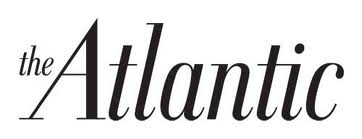
The Atlantic – Joshua Foust: The Annals of Chicken Diplomacy
In his column for the Atlantic, ASP fellow Joshua Foust writes about the use of poultry to pay Uzbek teachers and doctors and how chickens are a “surprising bellwether for international economic and political issues”.
Chickens are a surprising bellwether for international economic and political issues. Sounding for all the world like some modern-day Khrushchevian Red Plenty economic master plan, the Uzbek government has demanded that not only agriculture do more, but that industry reduce costs and increase production — just like that. More more more for less less less. So why the chicken handouts?
One indication might be in the dramatic increase this year in remittances back to Uzbekistan. The Central Bank of Russia recently released a report that suggests a nearly 50% increase in remittances from Russia to Uzbekistan in 2011, which indicates a flagging economy in the Central Asian nation. Uzbekistan, a gas-exporting country, has also been experiencing gas shortages and is globally ranked as poorly on economic freedom as it is on human rights or political liberties.
But Uzbekistan is hardly the only country to react to a changing political climate through chickens. In the early 1990s, a collapsing Gorbachev-era Russia was experiencing food shortages and hunger. President George H.W. Bush came up with a win-win solution: give surplus U.S. chicken meat to Russia. The U.S. has an insatiable appetite for white chicken breast meat, but in the process produces far more dark chicken leg meat than it could possibly consume. President Bush took that excess and sent it to Russia. The Russians devoured it, proclaiming the beauty of such enormous drumsticks, and to this day chicken hindquarters in Russian are often called “Bush’s Legs.”
———————————————————
The Taliban are locavores, in other words. They’re also protectionists and, to an extent, mercantilists. But they’re also in good company, at least when it comes to chickens. Around the world, frozen chickens can tell us much about how an economy is doing and what its leadership thinks of it.





